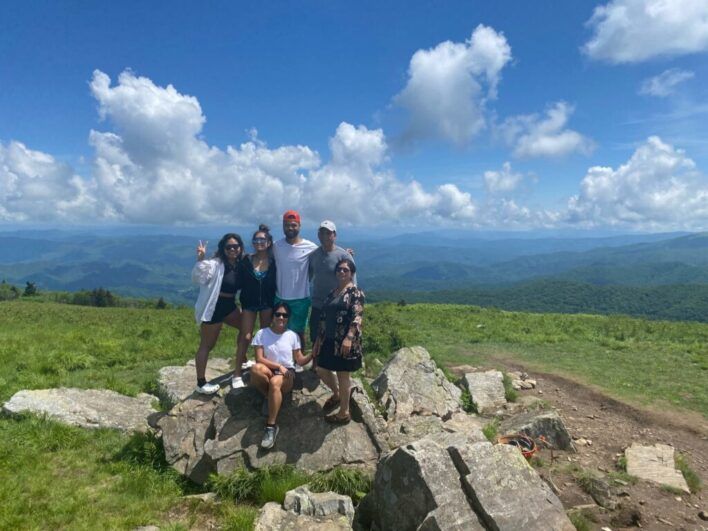I am privileged to be part of SEARAC’s work to uplift communities from Cambodia, Laos, and Vietnam and to reap the benefit of a four-day work week that accompanies the job. It is a privilege to be part of a team that affirms work/life balance and creates an infrastructure for each person to do so. Four day work weeks are a relatively novel concept, and for a non-profit like SEARAC to take on the challenge of rethinking what a productive and balanced work week looks like is a groundbreaking feat.
Our Friday office closures encourage me to focus energy toward the other parts of myself aside from my work identity.

Initially, I assumed my head would be clear of responsibility and thoughts free of productivity on these Fridays. I didn’t consider the depth of my own internalized capitalism that comes from existing in a system where this capitalist machine thrives. During those first Fridays, I actually wanted to work; I craved productivity, and I couldn’t resist checking my emails and that sense of fulfillment that comes from finishing a full day’s work. I couldn’t relax, and I felt guilt in sleeping in or taking my time with my day. When the rest of society is hustling, it feels like you need to as well.
Several months into my job, I have become better at understanding those feelings of uneasiness as a result of pervasive ideas of work. I was accustomed to our cultural norms for work and struggled to confront and understand the core of my internal conflict. I come from a first-generation refugee family where working meant survival and resting was perceived as being “lazy.” On weekends, my father consistently created jobs for himself, whether it was to mow the lawn at church, do a home repair, or support a friend’s landscaping business. He could not rest despite my mother’s nudges or my family’s concern for his health and wellness. His work centered on providing for my family and though my work ethic will never touch the dedication, quality, and care he had for all the jobs he took, I have inherited his mindset that there is no time to rest. I was rather taken aback by its hold on me.
“When the rest of society is hustling, it feels like you need to as well.”
Resisting the ideas of productivity and leaning into rest are how I am rethinking generational narratives. I recognize that having a four-day work week is a privilege and a time for thoughtful reflection – a time to be gentle with my mind. I affirm that I have done enough for the week and bask in the knowledge that how I rest and care for myself is a strength. I recognize the privilege that I have to be able to work at an organization that allows me to rest, and I fight for all workplaces to prioritize workers’ health and wellness.
Phun is SEARAC’s Policy Associate and can be reached at phun@searac.org.
For more blogs in our #WorkplaceWellness series, see:
- Quyên Đinh: Creating a Culture of Community Care
- Elaine Sanchez Wilson: Work/Life, Reimagined
- Huong Nguyen-Yap: Putting Care Into Practice
- Danny Doan: Breaking Away From the Work Hustle
- Jenna McDavid: Blooming, growing, and healing – at work and at home
- Katrina Dizon Mariategue: Taking a Pause

